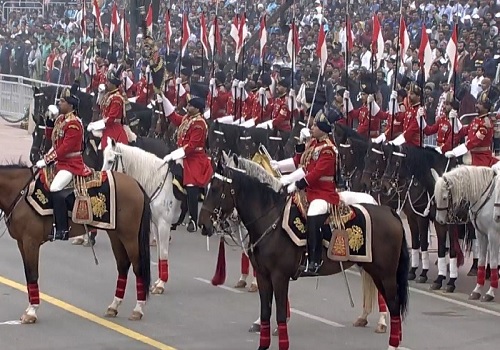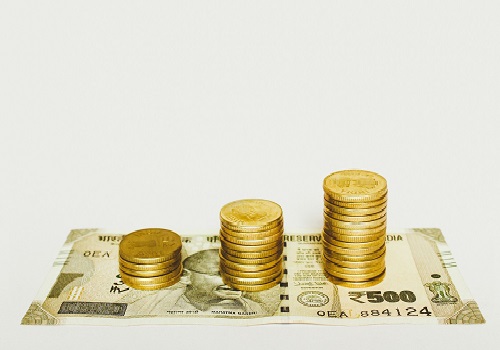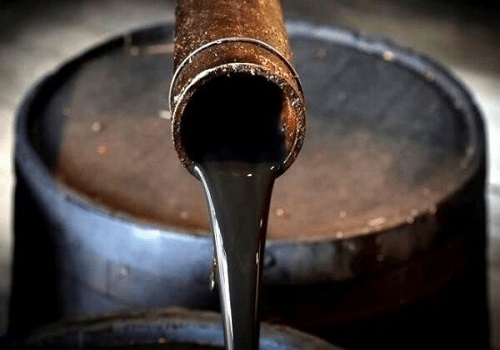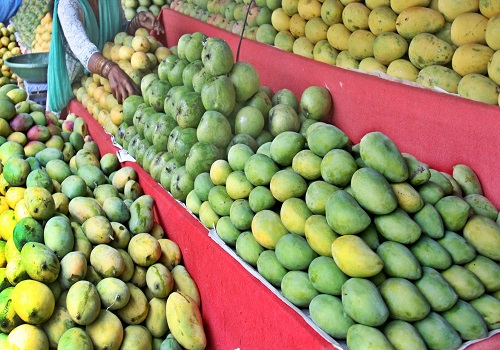India`s food prices set to remain stable during festival season, says food secretary
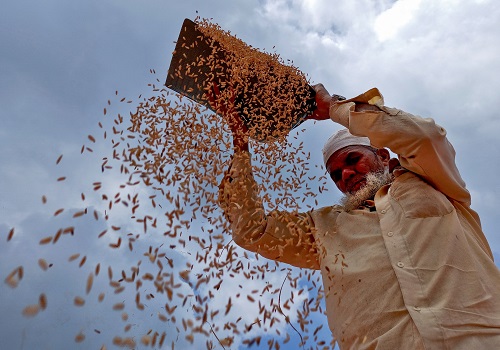
Follow us Now on Telegram ! Get daily 10 - 12 important updates on Business, Finance and Investment. Join our Telegram Channel
India's food prices are likely to remain stable during the next couple of months, the food ministry's most senior civil servant said on Thursday, alleviating concerns of millions of consumers who step up purchases during the festival season.
"We've adequate supplies, and then we've taken a series of timely steps to ensure that prices remain stable," Sanjeev Chopra said, referring to recent export curbs on rice and sugar.
India, the world's biggest rice exporter, in July banned overseas shipments of non-basmati white rice and later imposed a 20% tax on parboiled rice cargoes to ensure sufficient supplies in the domestic market.
Rice export curbs have helped to keep a lid on domestic prices, Chopra said.
New Delhi has also extended its restriction on sugar exports, as output is likely to drop due to patchy rains in top sugar cane producing states of Maharashtra and Karnataka.
Food demand tends to peak in India during the festival season from October to December which includes celebrations such as Diwali, with many family get-togethers that involve lavish dining.
Chopra said India's sugar stocks stood at 5.7 million metric tons as of Oct. 1, when the current season began, against 7 million metric tons a year earlier.
"October stocks are sufficient for nearly two and a half months of consumption, and new season sugar supplies will start arriving very soon and that will raise supplies and bring prices down," he said.
Sugar prices in India are near their highest in more than 7 years as production is forecast to drop 3.3% to 31.7 million metric tons in the 2023/24 season.
Explaining the recent rise in wheat prices, Chopra said retail prices of wheat have gone up by only 3.6% while the government has raised the price at which it buys the grain from local farmers by 5.5%.
Every year, the government buys wheat from domestic farmers at a state-set price to run the world's biggest food welfare programme, and that rate is often seen as a market benchmark.












 320-x-100_uti_gold.jpg" alt="Advertisement">
320-x-100_uti_gold.jpg" alt="Advertisement">

